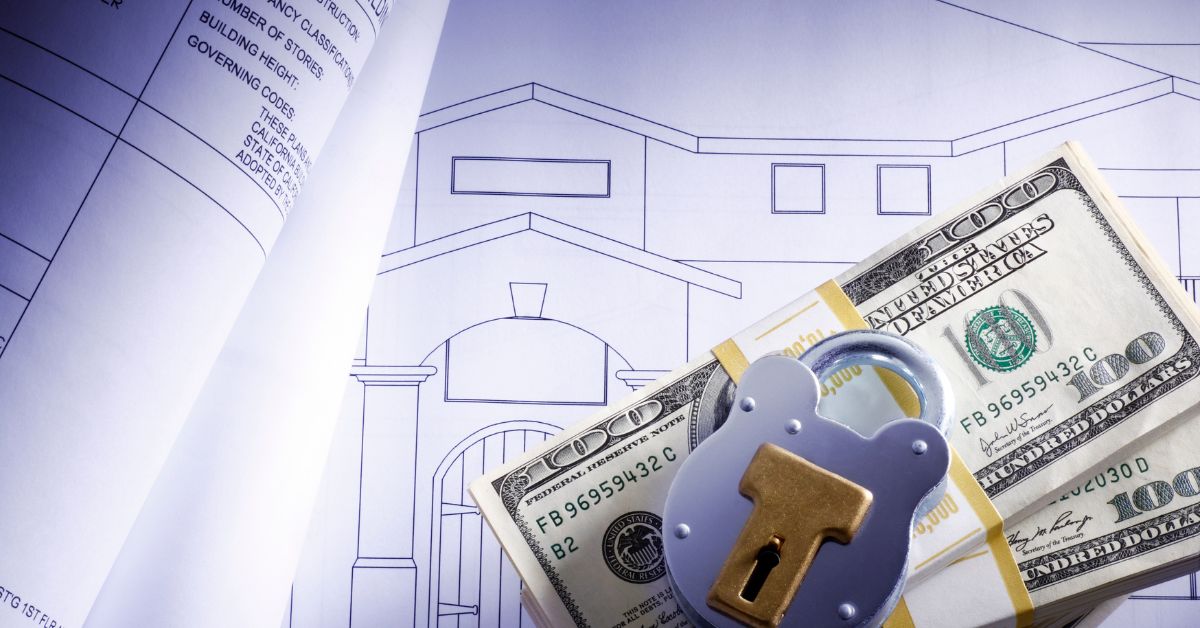Navigating the complexities of property management, particularly security deposits, is often a daunting task for do-it-yourself (DIY) landlords. The balance between protecting your investment and maintaining a fair relationship with tenants can be a high-wire act that requires an extensive understanding of your local laws, as well as a degree of professional detachment. The state of Georgia, like many others, has well-defined laws concerning security deposits, providing a clear structure for landlords to adhere to. However, these laws can be intricate and, if not properly understood and followed, can lead to disputes, lawsuits, and damaged landlord-tenant relationships. In this article, we aim to demystify Georgia's security deposit law and provide practical advice for both professional and DIY landlords. We will delve into the common challenges faced by DIY landlords, the importance of proper handling of security deposits, the need for fairness during move-out inspections, and the potential consequences of non-compliance with the law.
The Common Challenges Faced by DIY Landlords
Being a “do-it-yourself” landlord is a challenging venture, more so when it comes to dealing with security deposits. Numerous obstacles often emerge, ranging from tenants who constantly dispute the return of their security deposits to those who threaten or even initiate lawsuits. Often, such landlords struggle to comprehend the proper documentation process or how to correctly handle contentious situations.
Many of these landlords may even encounter instances of intimidation from tenants seeking to reclaim money that, by all legal and ethical standards, should be reserved for necessary repairs. The risk of lawsuits - a threat that hangs over numerous transactions - is another pressure point, with some tenants not hesitating to escalate to legal action.
In light of these challenges, the most prudent course of action any landlord could take is to employ a professional property management firm. Such firms offer valuable services designed to navigate these potential pitfalls, ensuring you avoid any possible legal troubles. However, let's delve into the legal requirements concerning security deposits in Georgia, as understanding these can be beneficial not only for DIY landlords but also for our clients. Keep in mind that this is not formal legal advice.
The Importance of Proper Security Deposit Handling

So, what is the correct procedure for dealing with security deposits? Initially, the most recommended practice is to let your property management firm handle the security deposit by holding it in their trust account. Our company has established this policy for all properties under our management, after experiencing numerous instances of owners holding the security deposits themselves and inevitably facing difficulties when it came time to return the deposit upon move-out.
For landlords operating without a property manager, we strongly advise you to keep the security deposit in a separate bank account. This will help avoid the temptation to use the funds prematurely. In the event of a tenant’s departure, if you find yourself without sufficient funds to return to them, the court will not sympathize with you. The judicial expectation will be for you to return the deposit, as you were not meant to spend it in the first place. Fundamentally, that money is held in trust for the tenant, remaining their property until applied to any potential charges upon their move-out.
Fair Move-out Inspection: Avoiding Legal Hassles
The second crucial aspect to highlight is the necessity for fairness during move-out inspections. Courts do not view favorably any attempts to unjustly overcharge tenants for repairs. Returning a tenant's rightfully owed money is not only morally right but also shields you from potential additional costs. For instance, if a tenant takes you to court over an unjustly withheld security deposit and the court sides with the tenant, you may find yourself liable for any bank overdraft fees or late charges incurred by the tenant due to the missing funds. Furthermore, punitive damages are a potential risk. Hence, it is wise to be fair and evade these complications.
Now, what qualifies as fair during a move-out inspection? Essentially, any damage that doesn't fall under “normal wear and tear.” Your lease could also stipulate certain maintenance obligations for the tenant. Should the tenant neglect these, they should be charged accordingly. For instance, our leases require tenants to professionally clean the carpets and change the furnace filters every six months at a minimum. If during a move-out inspection, we discover these tasks have not been completed, we charge the tenant for professional carpet cleaning and furnace servicing. Also, consider lock changes. If a tenant fails to return all issued keys, our lease stipulates a $150 charge for re-keying the property. It's prudent to remember these guidelines about fair charges for a tenant. Certainly, damages like wall holes, marked floors, or ruined paint are also legitimate charges, but these are generally understood.
The Consequences of Non-compliance with Georgia's Security Deposit Law
.jpg)
In Georgia, the law mandates that a move-out inspection be conducted within three days of the tenant vacating the property. An exception is made if the tenant abandons the property prematurely, in which case a "reasonable" period is granted to conduct the inspection. The recommended practice is to schedule the inspection with the tenant, so they can be present, and ideally, sign the inspection report. It's difficult for a tenant to contest a charge they've signed off on. If the tenant is absent, we document their offered opportunity to be present and later provide them the inspection report to challenge any item as per the law. The subsequent deposit processing is then the responsibility of the holder unless the tenant formally disputes it in court.
Post-inspection, Georgia law necessitates that any remaining deposit after charges be sent to the tenant within 30 days of move-out. It's essential to adhere to this timeline. Failure to comply could lead to an easy-to-file lawsuit from an irate tenant. And once again, it's simply the right thing to do.
Naturally, keeping track of these requirements and time constraints can be challenging for a landlord who is juggling a full-time job, family responsibilities, and personal pursuits. This is why bringing professionals on board is typically the best strategy.
.jpg)
In conclusion, understanding and complying with Georgia's security deposit law is paramount for all landlords, be they seasoned professionals or DIY novices. Navigating the challenges of managing security deposits, conducting fair move-out inspections, and ensuring compliance with legal requirements can be a formidable task, particularly for those who juggle landlord duties with other full-time responsibilities. This is where professional property management services can be of great help, providing expert guidance and support in these complex matters. But whether you choose to go the DIY route or opt for professional help, having a firm grasp of Georgia's security deposit law and your obligations as a landlord can go a long way in fostering healthy landlord-tenant relationships, minimizing disputes, and ensuring a smooth and successful property rental business. If you find yourself overwhelmed or simply want more support, remember that professional assistance is always available to make your role as a landlord more manageable and effective.
If all of this seems overwhelming and you're seeking assistance, please feel free to contact us.

.jpg)
